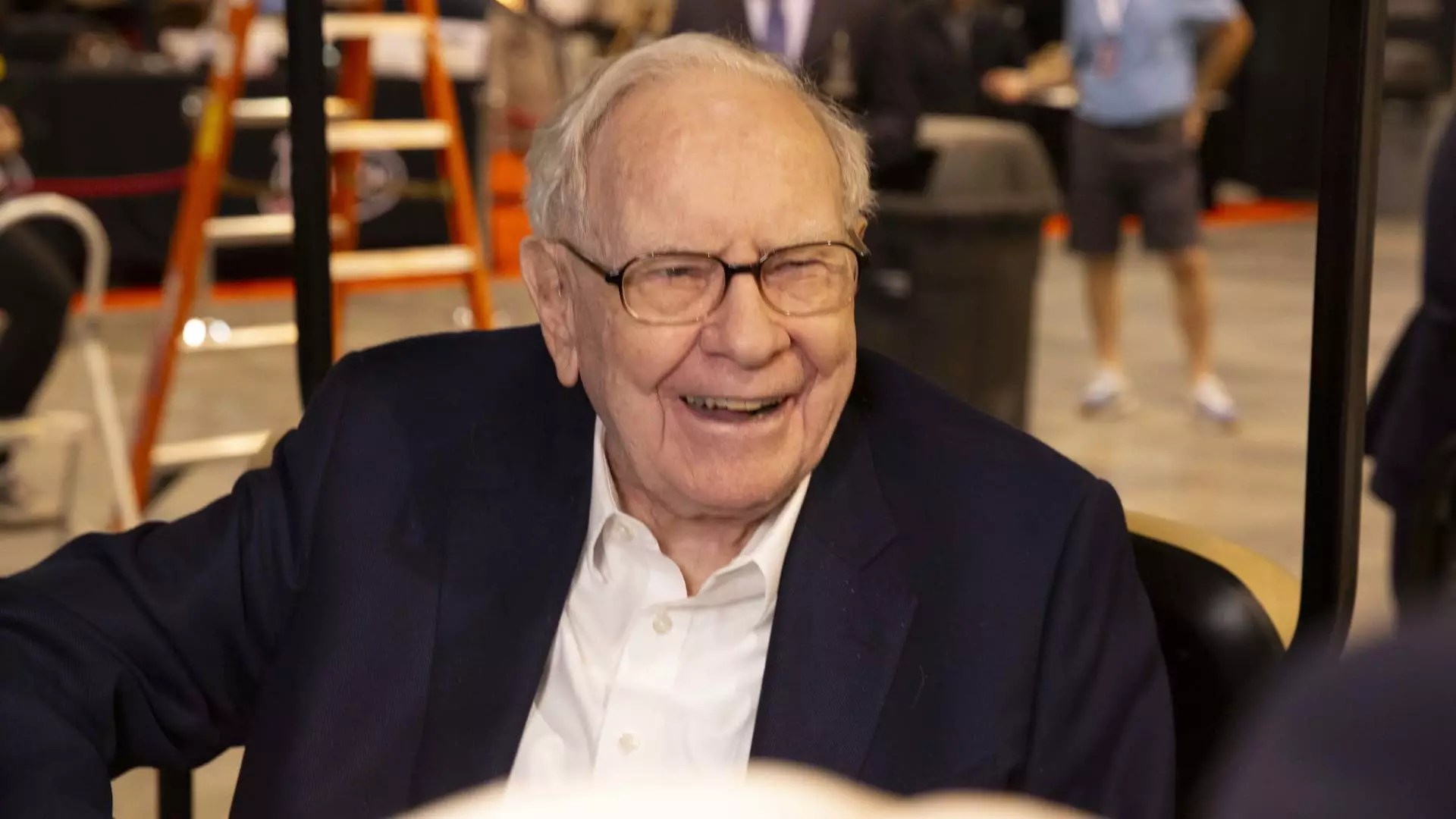Berkshire Hathaway, the conglomerate led by Warren Buffett, made headlines recently for selling a portion of its Bank of America shares. This move marked the first time in four and a half years that the company had decided to reduce its stake in the bank. The decision to sell 33.9 million shares for almost $1.5 billion came after Bank of America’s strong performance in 2024. The average selling price of $43.56 per share indicated that Berkshire was capitalizing on the bank’s increased value. This strategic move raises questions about Warren Buffett’s investment strategy and the factors that drive his decision-making process.
One possible explanation for Berkshire’s decision could be profit-taking. Bank of America’s impressive 27.4% rally in 2024 likely resulted in significant gains for Berkshire Hathaway. By selling a portion of its shares, Buffett’s conglomerate may have wanted to lock in profits and capitalize on the bank’s recent performance. Additionally, trimming the Bank of America holding could also be a way for Berkshire to rebalance its portfolio and reallocate capital to other investments. This shift in strategy suggests that Warren Buffett is constantly evaluating his investments and making adjustments based on market conditions and opportunities.
Warren Buffett’s relationship with Bank of America dates back to 2011 when he made a bold move to invest $5 billion in the bank’s preferred stock and warrants. This decision was instrumental in boosting confidence in the lender during a challenging period following the financial crisis. Buffett’s investment in Bank of America has since become a legendary Wall Street tale, with the Oracle of Omaha famously stating that he got the idea while taking a bath. Despite initial challenges in reaching CEO Brian Moynihan, the deal eventually came together within hours, highlighting Buffett’s ability to seize opportunities and make strategic investments.
The recent sale of Bank of America shares by Berkshire Hathaway raises important considerations for investors. Warren Buffett’s decision to trim the holding after a prolonged period of ownership is a reminder of the need for portfolio diversification and active management. By monitoring market trends and taking profits when necessary, investors can optimize their returns and adapt to changing economic conditions. Additionally, Berkshire’s move to reduce its stake in Bank of America underscores the importance of staying agile in the face of evolving market dynamics. As one of the most successful investors of all time, Warren Buffett’s actions often serve as a barometer for other market participants, signaling potential shifts in sentiment and investment strategies.


Leave a Reply